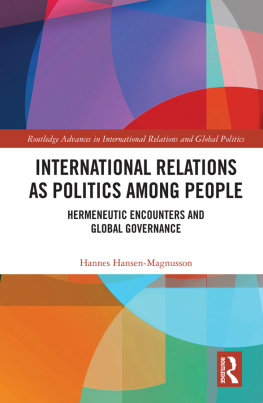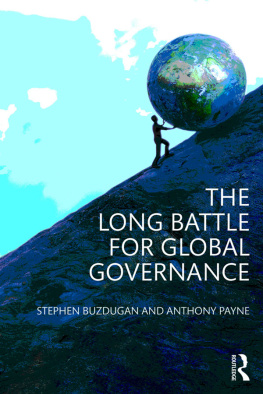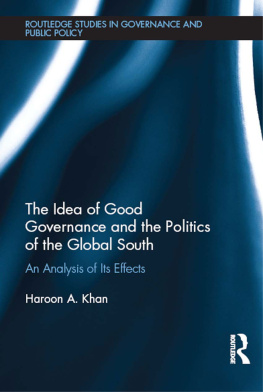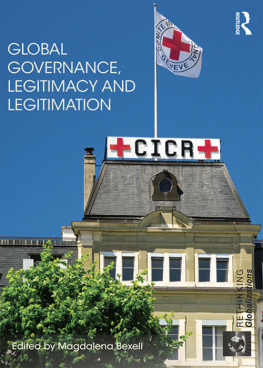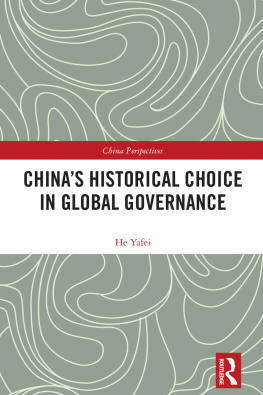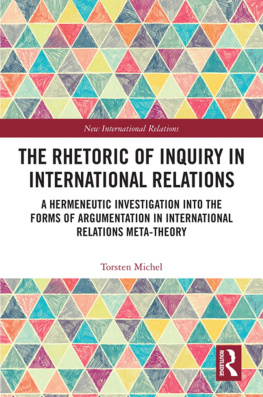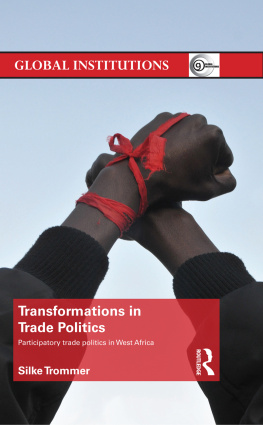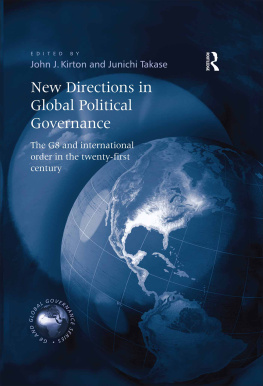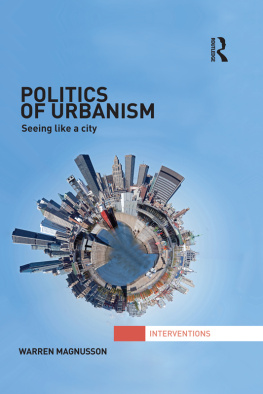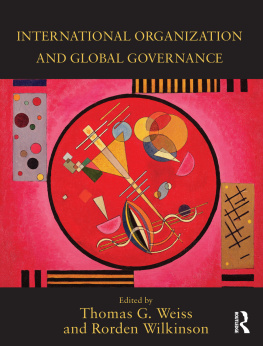International Relations as Politics among People
Pioneering a hermeneutic methodology for analyses of global governance, this is the first monograph that makes Hans-Georg Gadamers and Paul Ricurs hermeneutic philosophy relevant for global politics research. Drawing on the concept of horizon as the element that captures the dynamics of understanding in social interaction in order to analyse processes of international politics, this book shows that what is required is the embeddedness of meanings and ideas in human action and reflection. By advancing theory-building with regard to particular questions of global governance, it reconceptualises international relations as politics among people. Providing a contextualised constructivist approach that highlights the importance of processes to which people are central, it challenges the use of collective concepts such as state and nation as units of analysis which continue to dominate international relations but which cloud the details of interaction processes.
The two case studies of UN Convention on the Law of the Sea and Germany in NATOs mission Operation Allied Force in Kosovo in 1999 are structured around this contextualised constructivist approach developed in the monograph. The studies reveal how interaction processes can be made accountable, leading to new vantage points of our understanding of governance problems.
This book will be of interest to scholars interested in global governance, the work of Hans-Georg Gadamer, Paul Ricur and hermeneutic philosophy, the UN, humanitarian interventions, and foreign policy analysts.
Hannes Hansen-Magnusson is Senior Lecturer in International Relations at Cardiff University, UK. His research is located in international relations with particular interests in global governance, focusing on actors and practices at the transnational level and the role of culture in international politics.
Routledge Advances in International Relations and Global Politics
Norm Dilemmas in Humanitarian Intervention
How Bosnia Changed NATO
Yuki Abe
American Hegemony in the 21st Century
A Neo Neo-Gramscian Perspective
Jonathan Pass
The Duty of Care in International Relations
Protecting Citizens Beyond the Border
Nina Graegar and Halvard Leira
The Global Politics of Jazz in the Twentieth Century
Cultural Diplomacy and American Music
Yoshiomi Saito
South Africa and the UN Human Rights Council
The Fate of the Liberal Order
Eduard Jordaan
Economic Sanctions in International Law and Practice
Edited by Masahiko Asada
Iran in the International System
Between Great Powers and Great Ideas
Edited by Heinz Grtner and Mitra Strohmaier
International Relations as Politics among People
Hermeneutic Encounters and Global Governance
Hannes Hansen-Magnusson
For information about the series: www.routledge.com/Routledge-Advances-in-International-Relations-and-Global-Politics/book-series/IRGP
International Relations as Politics among People
Hermeneutic Encounters and Global Governance
Hannes Hansen-Magnusson
First published 2020
by Routledge
2 Park Square, Milton Park, Abingdon, Oxon OX14 4RN
and by Routledge
52 Vanderbilt Avenue, New York, NY 10017
Routledge is an imprint of the Taylor & Francis Group, an informa business
2020 Hannes Hansen-Magnusson
The right of Hannes Hansen-Magnusson to be identified as author of this work has been asserted by him in accordance with sections 77 and 78 of the Copyright, Designs and Patents Act 1988.
All rights reserved. No part of this book may be reprinted or reproduced or utilised in any form or by any electronic, mechanical, or other means, now known or hereafter invented, including photocopying and recording, or in any information storage or retrieval system, without permission in writing from the publishers.
Trademark notice: Product or corporate names may be trademarks or registered trademarks, and are used only for identification and explanation without intent to infringe.
British Library Cataloguing-in-Publication Data
A catalogue record for this book is available from the British Library
Library of Congress Cataloging-in-Publication Data
A catalog record for this book has been requested
ISBN: 978-0-367-18651-7 (hbk)
ISBN: 978-0-429-19741-3 (ebk)
Typeset in Times New Roman
by Apex CoVantage, LLC
This book is dedicated to Eni, Piet, and Jonna.
Contents
Reflecting over the origins of a book that focuses on hermeneutics seems to be a paradoxical undertaking. After all, Hans-Georg Gadamer invokes Aristotles description of a fleeing army as a metaphor for understanding, which is a process and always in flux. Aristotle asks at what point we can say with certainty that the army is fleeing once the first line of hoplites starts to move? Probably not, he reckons, because the majority of lines still do not. Yet if we wait until all lines are fleeing, we have probably missed the exact point as well. Gadamer lauds this metaphor but is also critical of it (Gadamer 2004 [1975]: 347; Gadamer 2010 [1960]: 359): on the one hand, the metaphor illustrates the crucial element of understanding: that it is something over which one has no control. On the other hand, he writes, the metaphor does not quite fit because it assumes that the army actually stood fast before it flew. The lesson is that knowledge and understanding do not have a point zero from which one simply takes off and moves forward. And such is the case with the analytical framework and the empirical analyses of this book.
At some point I was interested primarily in questions of collective identity, a supranational public sphere and the European Commissions intriguing aim to foster a European narrative. It was by chance that I came across Gadamers collected writings when I browsed the shelves of one of the many bookstores in Freiburg during one of my many visits. Having just attended one of Jan Kruses excellent methods workshops, reading about the fusion of horizons resonated with my prior experience of Gadamer in one of Barry Sandywells seminars at the University of York and with what I had learned about collective identities during my short stint as assistant in the Lieux de Mmoire project at the University of Luxembourg led by Michel Margue and Sonja Kmec. The result was a much stronger focus of my research on culture and meaning as well as the relation between individuals and their social context. Luckily for me, the intellectually supportive and challenging supervision by Antje Wiener at the University of Hamburg provided for sufficient room to leave EU politics behind and explore new directions by venturing into foreign policy making as well as ocean governance.
But as befits the hermeneutic focus of this book, one is never quite finished with discoveries and understandings. Three anonymous reviewers at Routledge provided substantial and extremely valuable feedback on what was once a dissertation-based script. Their suggestions prompted me to rewrite four of the chapters, foreground some concepts and debates at the expense of others, amend the case studies, and update the literature. The resulting manuscript is an original text. It benefitted from numerous discussions at conferences and with my fine colleagues at Cardiff University as well as the University of Hamburg, especially Sassan Gholiagha, Maren Hofius, Philip Liste and Jan Wilkens. Of course, any mistakes that remain in the text are my responsibility.


